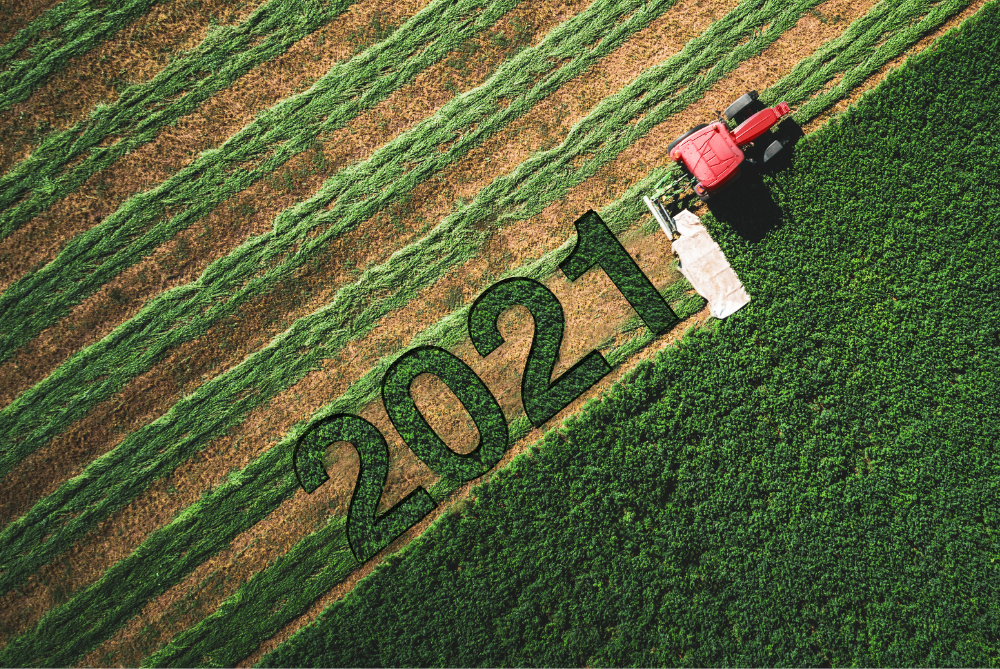
According to Pitchbook, startups in the agricultural tech (AgTech) industry closed nearly 400 venture capital investment deals totaling $4.83 billion in 2020. This figure represents an increase of 181 percent from 2019. Climate change and population growth are the primary factors fueling this growth, so it's not surprising that AgTech is expected to lead the trend in 2021.
Regenerative agriculture focuses on grazing and farm practices that restore soil biodiversity that has been degraded and rebuilds organic soil. It also improves the water cycle while reducing carbon's effects. The reversal of potentially harmful effects of traditional farming practices helps ensure that the future of the industry is sustainable.
The revitalization of soil that has previously been depleted can boost yields, increase the crops' resistance to drought and flooding, and improves their nutrient base. These lead to an increase in the crop's value, while also supporting the farm's productivity.
The challenges faced by the farming industry in 2020 due to the pandemic only exacerbated the issues that have long dogged the industry. For years, farmers have struggled to find ways to address labor shortages, spotty employee dependability, and increasing costs for workers.
Expect to see an increased emphasis on robotics and automation by startup companies with a focus on complementing processes. Sensors that monitor field conditions and operations, analytical software, and drones are just a few examples of how this AgTech can assist farmers in safely and effectively manage their farms while increasing productivity.
The declining bee population has been a source of concern for years. In a comprehensive study published in the journal, Proceedings of the Royal Society B: Biological Sciences, it was found that not only does a lack of pollination threaten the food production of the United States, it can also adversely affect global food security as well.
With over 90 species of specialty crops in the United States requiring pollination, innovative solutions like machine learning and artificial intelligence are being used to collect data from hives. This is then used to encourage the most output possible during peak pollination.
The development of alternative agricultural marketplaces is focused on offering farmers the opportunity to increase their profits and the value of their crop yields while also reducing their input prices. Farmers can reach a larger audience across a broader spectrum, while also reducing their costs for sales and marketing.
Some marketplaces provide a platform for farmers to share the cost of machinery or offer a way for them to lease out farmland that they're not using. In other cases, buyers who are searching for crops that have specific characteristics could be linked with growers who offer what they're looking for.
Expect 2021 to find the farming industry embracing technology that is focused on agriculture in an effort to overcome it's challenges. After all, it's in the best interest of everyone around the world to see farms thrive.
Gain access NOW to unique, high profit potential farmland investment opportunities. Contact us with any questions you may have about investment opportunities in farming and agriculture.